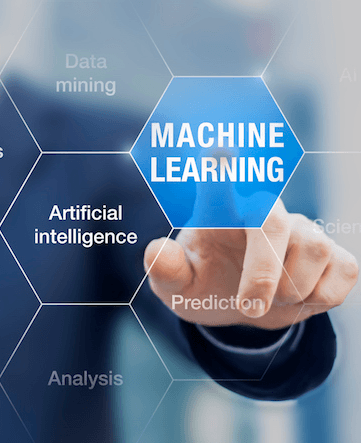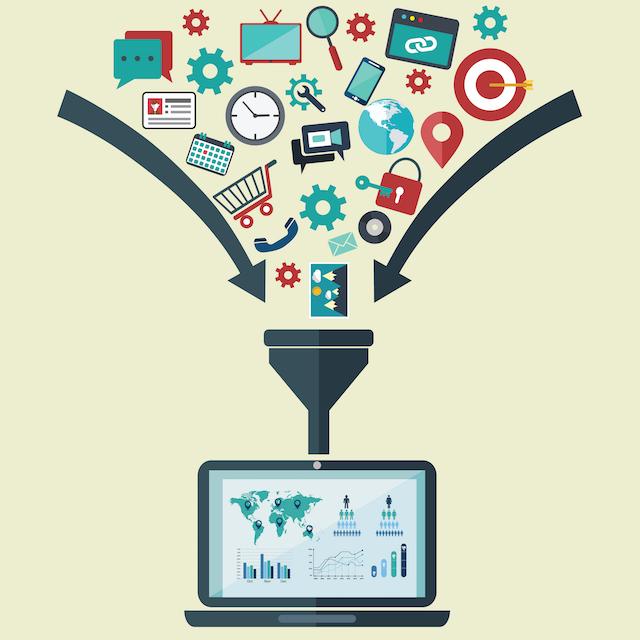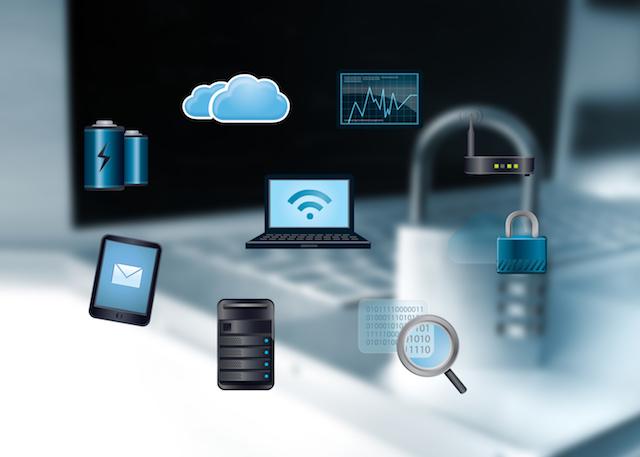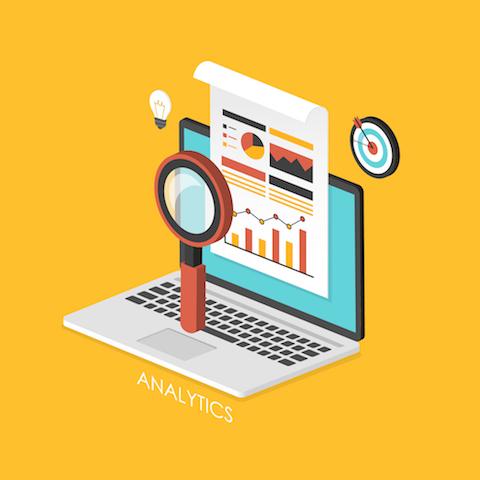Data analytics is the science of examining raw data with the purpose of drawing conclusions about that information. Data analytics is used in many industries to allow companies and organization to make better business decisions and in the sciences to verify or disprove existing models or theories. Data analytics is distinguished from data mining by the scope, purpose and focus of the analysis. Data miners sort through huge data-sets using sophisticated software to identify undiscovered patterns and establish hidden relationships. Data analytics focuses on inference, the process of deriving a conclusion based solely on what is already known by the researcher.
The term “analytics” has been used by many business intelligence software vendors as a buzzword to describe quite different functions. Data analytics is used to describe everything from online analytical processing to CRM analytics in call centers. Banks and credit cards companies, for instance, analyze withdrawal and spending patterns to prevent fraud or identity theft. Ecommerce companies examine Web site traffic or navigation patterns to determine which customers are more or less likely to buy a product or service based upon prior purchases or viewing trends. Modern data analytics often use information dashboards supported by real-time data streams. So-called real-time analytics involves dynamic analysis and reporting, based on data entered into a system less than one minute before the actual time of use.
The School of Accounting Executive Program Students in the Forensic Analytics Masters Degree Program will be well prepared for a high-paying career in Big Data.





